The Dos and Don’ts for Facebook Content on Weight Loss, Cosmetic Procedures and Wellness.
The Dos and Don’ts for Facebook Content on Weight Loss, Cosmetic Procedures and Wellness.
Today’s social media platforms are keenly aware of their impact on people’s emotions, behaviors and self-esteem. This is especially true when it comes to those under the age of 18.
Facebook has created rules and regulations surrounding what is and is not acceptable in claims posted revolving around health and wellness, cosmetic procedures and weight loss. If you’re posting on social media, you’ll need to know what can and cannot be said. Beyond wanting to be compliant, you should always act in the best interests of the readers when it comes to claims and conversations surrounding issues that may affect self-perception.
Here is a list of Facebook guidelines you need to be aware of and follow:
Advertisers can run ads that promote cosmetic procedures or wellness products and services as long as they only target people 18 years or older.
When targeting people 18 years or older, advertisers can run ads that promote:
- Weight loss products and services
- Dietary, health or herbal supplements, such as vitamins and other ingestible dietary products
- Cosmetic surgeries and procedures, such as:
- Breast augmentation, breast reduction, abdominoplasty, blepharoplasty, rhinoplasty, rhytidectomy, labiaplasty, hair restoration surgery, dermal fillers, skin rejuvenation treatments, injectable treatments, chemical peels, micro-needling, non-ablative laser treatments, laser or light treatments, or micropigmentation
- Gender reassignment services and procedures
The targeting restrictions above don’t apply to ads that promote or sell:
- Products and services marketed for general wellbeing
- General food products
- Cosmetic products such as creams, makeup and hair products
Regarding weight loss statements specifically, ad content must not imply or attempt to generate negative self-perception in order to promote diet, weight loss, or other health-related products.
Advertisers can’t run ads for health or appearance-related products that imply or attempt to generate negative self-perception.
At Meta, we want people in our community to feel comfortable, confident and safe to be exactly who they are while expressing themselves freely.
Ads can’t:
- Declare or imply there is a perfect body type or appearance one should aspire to
- Promote or reinforce negative or unhealthy body images
- Exploit insecurities to conform to certain beauty standards
- Contain distasteful messaging that could make people feel negatively about the way they look
- Promote an unhealthy relationship with food or exercise
- Show close-up imagery on the health condition of a person
- Feature body shaming of any type
The younger generations are not only influenced by what they see, hear and read on social media…who they are becoming is affected. We all want to raise well-adjusted, physically and emotionally healthy people. It starts with where they spent the most amount of their time: social media.
Latest Resources
- Testimonial Questions Guide to Amplify Customer Voices
- Navigating FTC Compliance for Testimonials and Reviews: Insights from Peter Hoppenfeld
- 10 Killer Video Testimonial Examples That’ll Skyrocket Your Business
- Maximizing Retention: Leveraging the Customer Loyalty Score for Your Business
- 10 Essential Tips for Effective Video Testimonial Production
Top Questions to Ask During a Testimonial
Download the worksheet that guides you to create the best questions to ask during a testimonial interview.

